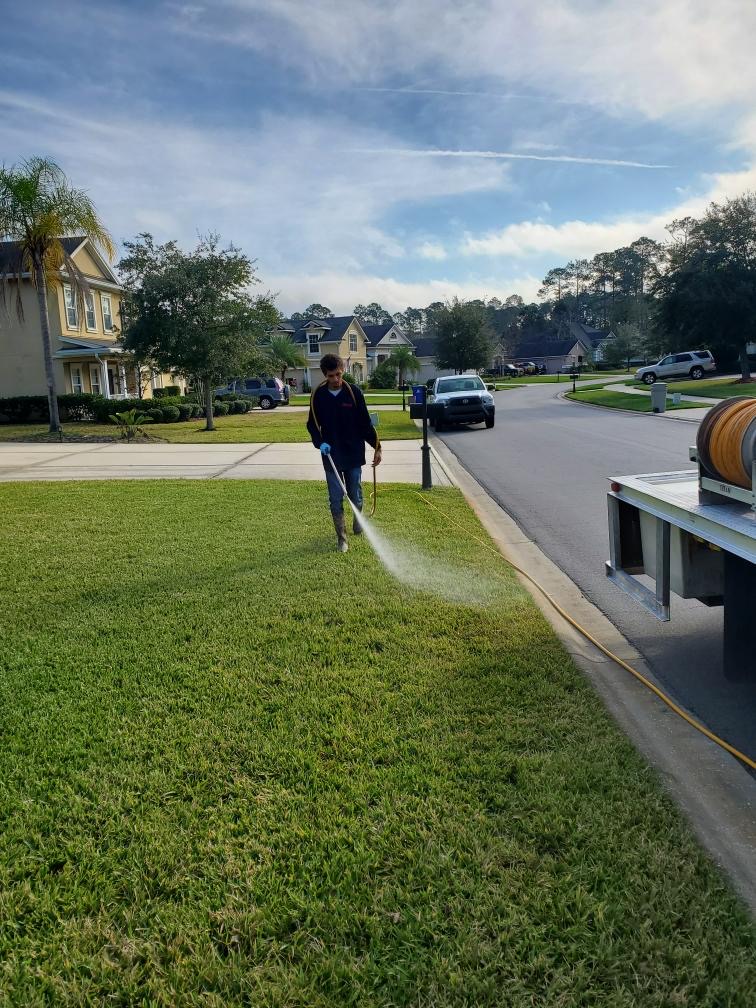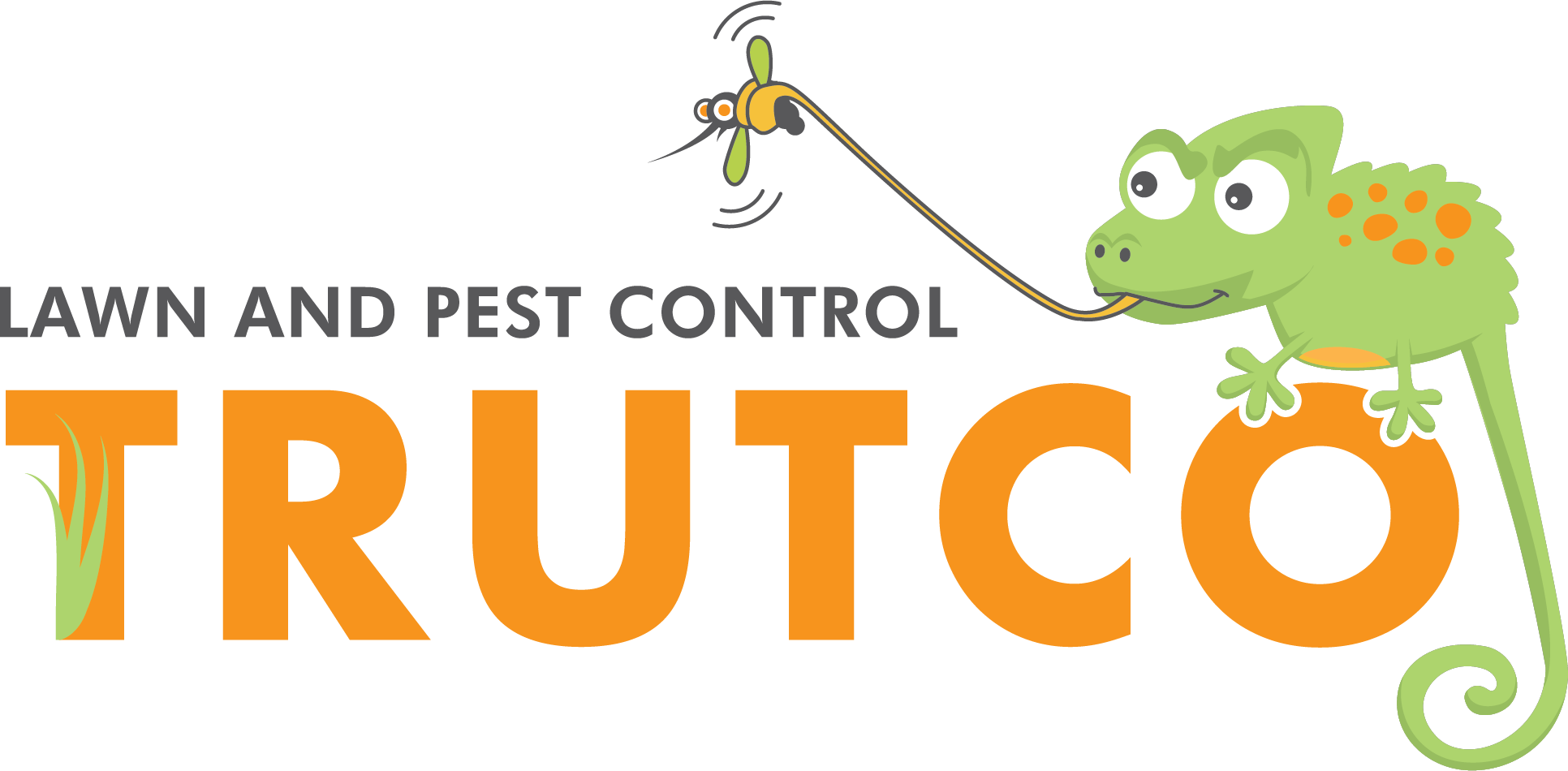As temperatures begin to cool off in the Fall and the daylight hours become shorter, plants that are adapted to life in our Jacksonville climate will begin to lose color and go dormant, including the lawn. This is a natural and healthy process for warm season grasses such as St. Augustine, Zoysia and Bermuda. Lawns will stop exerting energy and being storing it to protect themselves from the cold and color loss is part of the process.
Two benefits of your lawn going dormant are reduced mowing and irrigation frequency. St Johns river water management dictates lawns only be watered once per week. Residences with odd-number addresses irrigate on Saturday and even-number addresses irrigate on Sunday. And never irrigate between the hours of 10am and 4pm. Your lawn will require less irrigation during the cool season than it will during summer. Additional irrigation will not have any impact on preserving color and will likely lead to other problems such as fungus and disease.
Lawn care services will change their fertilization during winter and the dormancy period as well. Nitrogen based fertilizers that promote growth should be replaced with potassium. Because the lawn is not growing it will not utilize nitrogen fertilizer and these unutilized-nutrients will find their way into the groundwater. New growth that is promoted during winter would be very susceptible to frost damage and would actually allow the turf to be damaged down to the roots
. 
